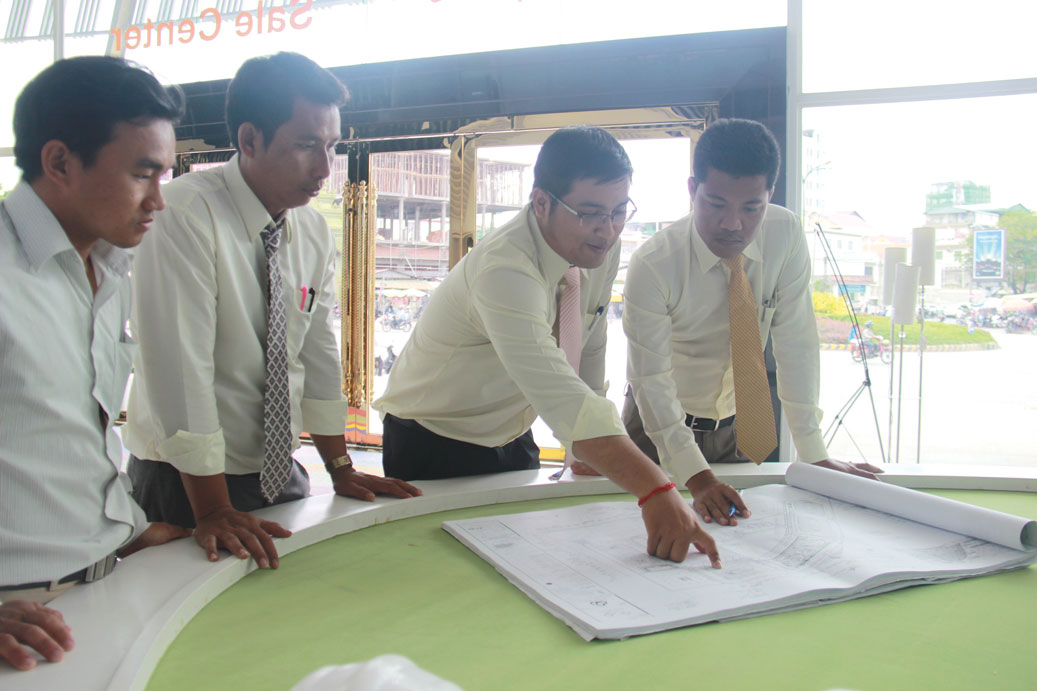NTT Looks to Boost Investment in Cambodia’s Digital Landscape
NTT DOCOMO GLOBAL Inc., a leading Japanese telecommunications provider, has signaled its intent to significantly invest in Cambodia’s digital development. In a recent meeting with Prime Minister Hun Manet, Mr. Hiroki Kuriyama, President and CEO of NTT DOCOMO GLOBAL Inc., outlined plans to enhance service coverage and strengthen the digital sector in the kingdom. “This […]
JETRO Commits to Boost Japanese Investment in Cambodia
In a significant move to strengthen economic ties, the Japan External Trade Organization (JETRO) has reaffirmed its commitment to promoting Japanese investment in Cambodia. This announcement came during an official meeting between Cambodia’s Prime Minister Hun Manet and Mr. ISHIGURO Norihiko, JETRO’s President and CEO, during a visit to Tokyo from May 28-31, 2025. During […]
Strengthening Bilateral Ties: Siem Reap and Henan Authorities Commit to Joint Cooperation
In a significant move to enhance bilateral relations, Siem Reap Province in Cambodia and Henan Province in the People’s Republic of China have committed to fostering cooperation in key areas. This pledge was formalized during the 2025 Tourism Development Conference held from May 23 to 30 in Kuqa, Xinjiang Autonomous Region, and Qingzhou, Henan Province. […]
Japanese Firm YACHIYO Engineering Eyes Wastewater Treatment Investment in Sihanoukville
YACHIYO Engineering Co., Ltd., a leading Japanese engineering consultancy, has announced its intention to invest in wastewater treatment development projects in Sihanoukville. This announcement came during a recent meeting between Prime Minister Hun Manet and YACHIYO’s President, DEMIZU Shigemitsu, held as part of an official visit to Tokyo from May 28-31, 2025. During the discussions, […]
Cambodia and Japan Strengthen Collaboration on Flood Risk Management at Sangke Dam
In a significant move to enhance flood risk management, Cambodia and Japan have pledged to work together on the operations and management of dams and watersheds along the Sangke River. This commitment follows productive discussions held on June 2, 2025, between officials from Cambodia’s Ministry of Water Resources and Meteorology and Japan’s Ministry of Land, […]
Samdech Techo Donates Land to Build Dormitories for Poor Female Students
In a significant move to support education and empower women, Samdech Techo Hun Sen announced a generous donation of 2 hectares of land valued at over USD 10 million. This land will be used to construct dormitories for underprivileged female students who have come to Phnom Penh to pursue their studies. This initiative was revealed […]



 ខ្មែរ
ខ្មែរ







